Amazon has been asked by authorities to turn over audio recordings associated with the Amazon Echo of a man believed to have murdered his friend.
The original story goes as follows: a man called police to report he had found his friend — who was an ex-police officer — dead in the bathtub, the result of an accidental drowning, perhaps. But police found signs of a fight, including swelling in several parts of his face and blood. As such, it prompted them to arrest the roommate as a murder suspect, who has since been temporarily released on bond.
Anyway, authorities noticed that an Amazon Echo was in the bathroom, and they believe there’s a possibility that the device could have been inadvertently triggered by the “Hey Alexa” code word to record some of the potential altercation that happened.
It’s true, these hot-word devices can often by triggered when you don’t intend. Don’t believe me? Check your Google account’s voice search history and see if you can’t find any weird recordings in there.
When asking Amazon to hand over the recordings associated with that user account, the company refused on the argument that it exposing the user recordings would violate their rights to free speech:
In addition to the recordings of user requests for information, Alexa’s responses are also protected by the First Amendment. First, as noted above, the responses may contain expressive material, such as a podcast, an audiobook, or music requested by the user. Second, the response itself constitutes Amazon’s First Amendment-protected speech. In a similar context, courts have recognized that “the First Amendment protects as speech the results produced by an Internet search engine.”
Amazon admits that if the user had installed the Alexa app on their phone (which they likely would have if they’d bought an Echo) then police could obtain that and get the recordings themselves, however the phone in question has been encrypted, so police have had to try and worm what they need out of Amazon’s hands.
Amazon isn’t totally against handing over the recordings, though. They say if prosecutors can present a compelling reason for the data and if the original warrant is upheld under more scrutiny then they’ll be more than happy to obey, though they request that the courts review the data before giving prosecutors access to ensure it’s actually relevant to the case.
So it’s not exactly like the San Bernardino iPhone case where Apple straight up refused to obey a court order to circumvent the phone’s security, but Amazon is doing its part to ensure users’ right to privacy are protected under stricter rules of the constitution than prosecutors would like.
If nothing else, this is yet another moment in this new digital age where we have to start seriously thinking about the future role of technology in our homes and in our lives. These devices can listen to us now, and you can expect someone — whether it’s a state prosecutor or someone more nefarious — to find a way to exploit that.
[via Ars Technica]

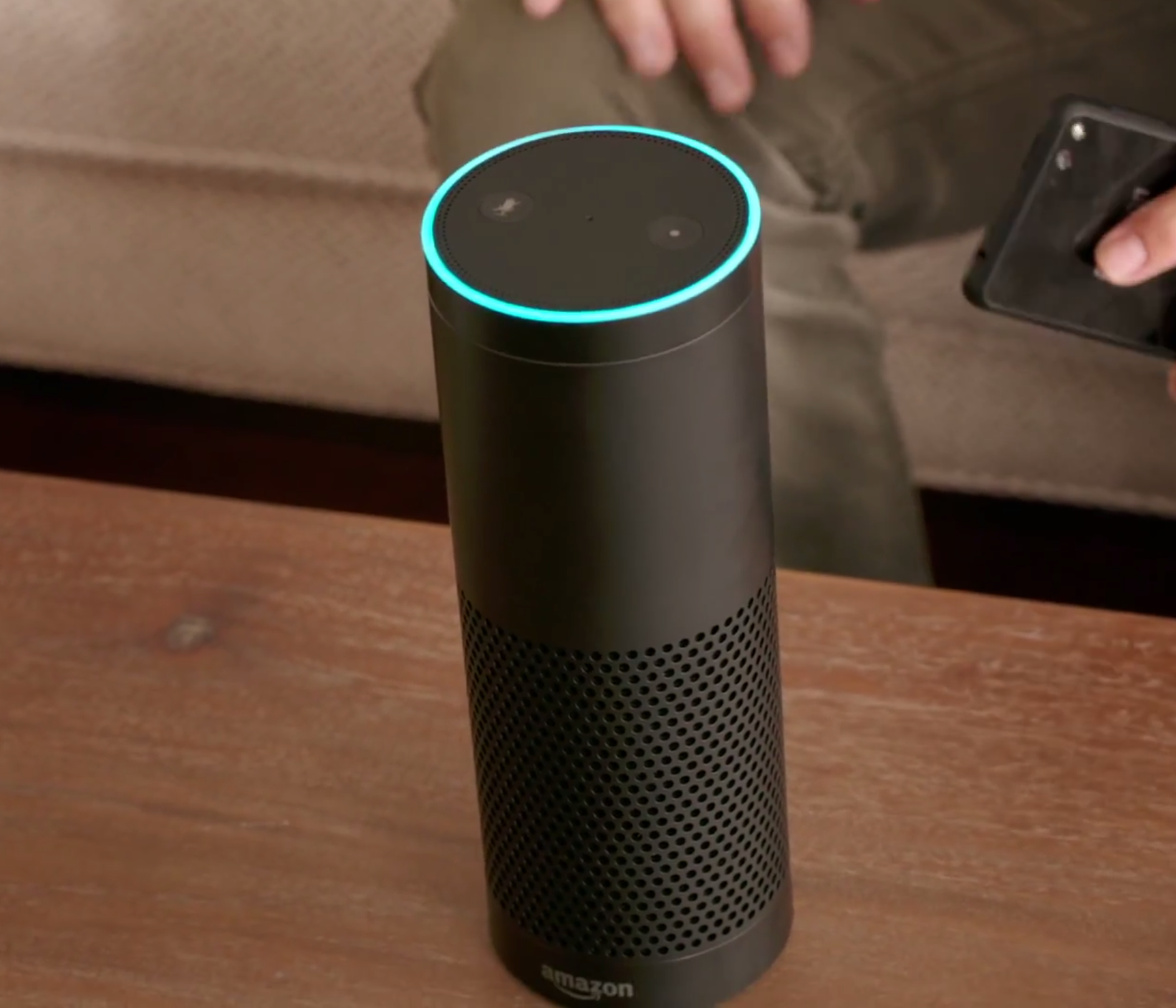

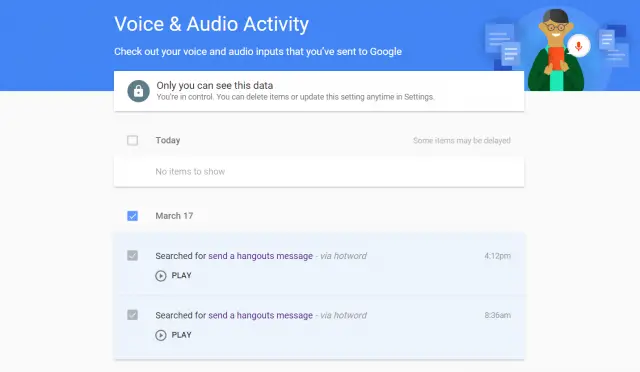
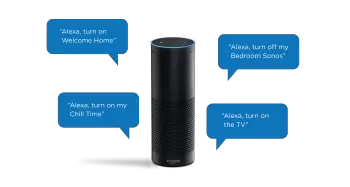
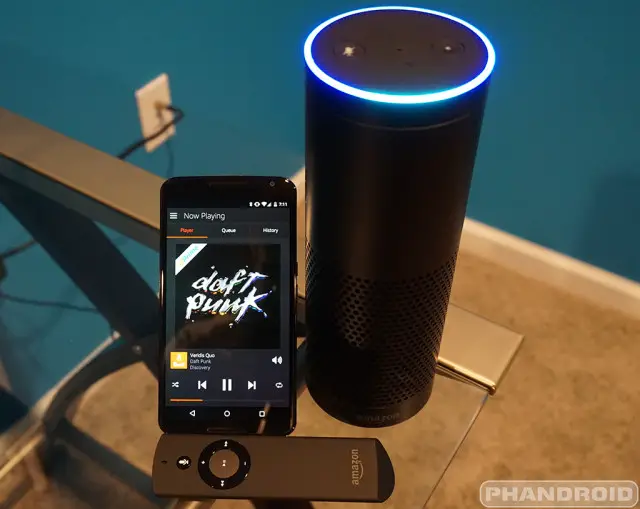



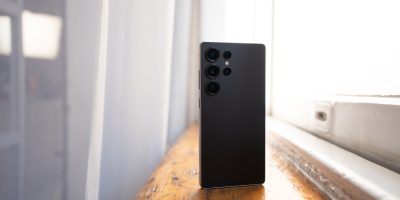
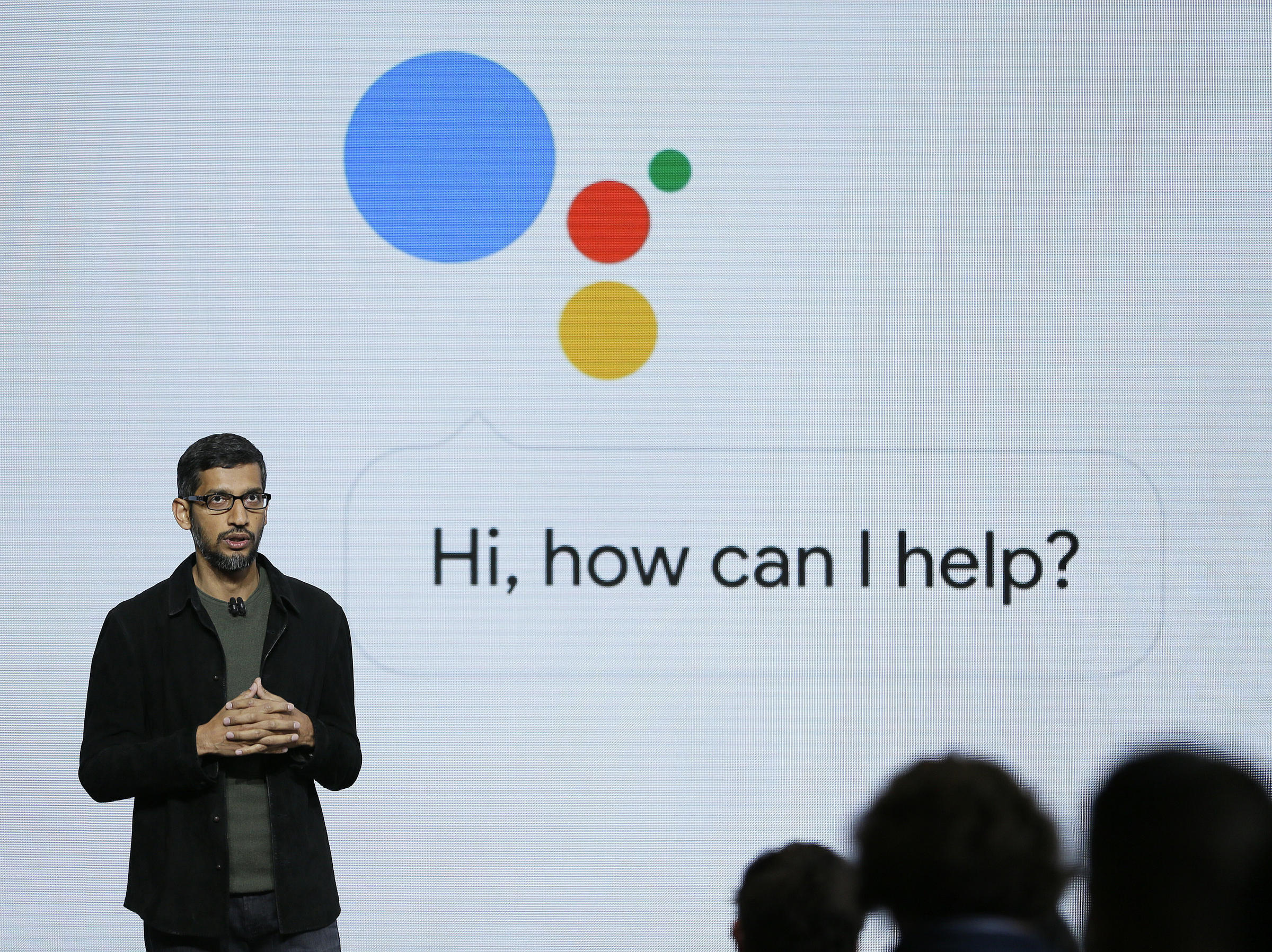
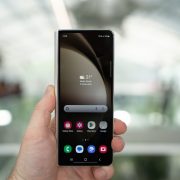

Comments